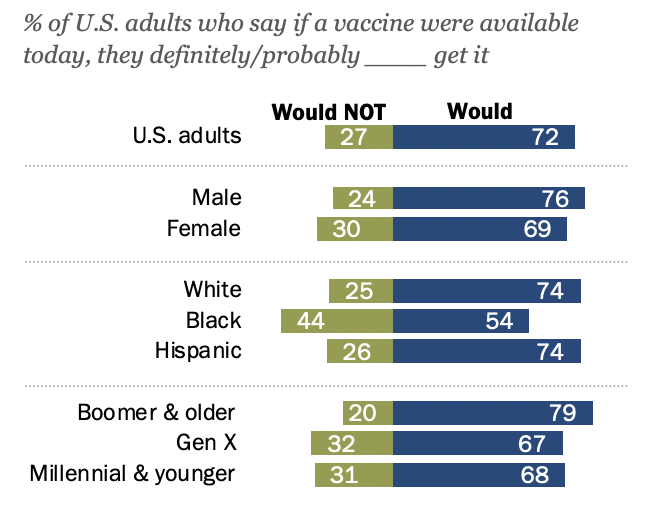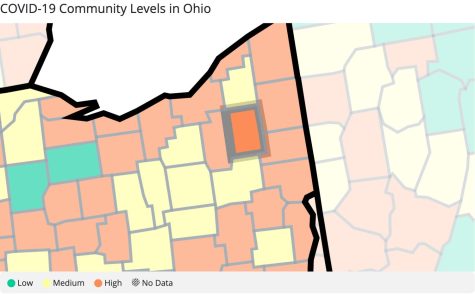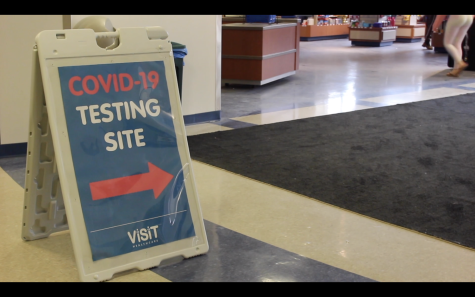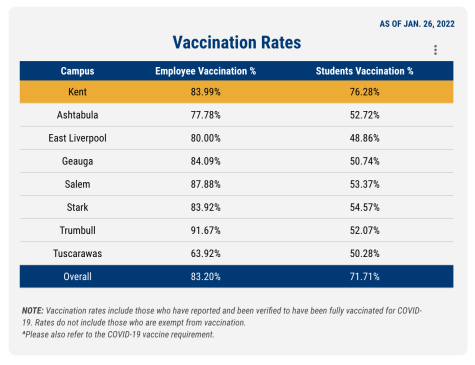The COVID-19 vaccine and its potential impact on college students
November 24, 2020
An end to social distancing may be in sight with the development of a COVID-19 vaccine, but it will depend on how many people choose to be vaccinated.
Two companies, Moderna and Pfizer, are in Phase 3 trials, according to The New York Times.
This is the last phase and includes tens of thousands of people receiving the vaccine and tens of thousands receiving a placebo. Neither doctor nor volunteer know who receives which.
In Phase 1, the vaccine is tested on animals to examine possible side effects. Phase 2 involves human volunteers, and scientists have found volunteers’ immune systems are learning to fight the virus once vaccinated, according to The New York Times.
With students living in shared spaces, institutions of higher education now question if college students should be required to be vaccinated.
A Pew Research Center survey in May found 31% of those considered millennials or younger said they definitely or probably would not get the vaccine.
Another poll by the Associated Press in May found 35% of those who are ages 18 to 29 said they would not get vaccinated.
About four in 10 respondents from the poll said they are concerned about contracting COVID-19 from the vaccine.
However, most leading vaccine candidates, such as Moderna and Pfizer vaccines, do not contain the virus itself. Instead, they contain messenger RNA which helps build a protein to stimulate the immune system, according to The New York Times.
While the vaccine will help the immune system fight the virus, it is still possible to transmit and contract it, according to The New York Times.
College and university officials are uncertain about how quickly a vaccine will allow social distancing and mask precautions to end given the uncertainty of how many students will choose to receive the vaccine, according to Inside Higher Ed.
Some colleges and universities already require some vaccinations, such as vaccines for measles, mumps and rubella, according to Inside Higher Ed.
Depending on the state, it’s either up to the state or the university itself to establish vaccination requirements.
Ohio law does not require vaccinations for college students but requires disclosure of whether or not the student has received certain vaccines such as meningitis and hepatitis B, according to the Ohio Department of Health.
Megan Medfisch is a health and fitness reporter. Contact her at [email protected].
SUPPORT STUDENT MEDIA
Hi, I’m Lauren Sasala, a senior journalism student from Toledo. I’m also the editor in chief of The Kent Stater and KentWired this semester. My staff and I are committed to bringing you the most important news about Kent State and the Kent community. We are full-time students and hard-working journalists. While we get support from the student media fee and earned revenue such as advertising, both of those continue to decline. Your generous gift of any amount will help enhance our student experience as we grow into working professionals. Please go here to donate.


















